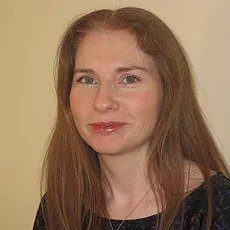Best Endocrinologist in Brisbane

Dr Kerry Buchanan
Endocrinologist
Dr Ben Lancashire
Endocrinologist
and general surgical conditions. Dr Ben Lancashire is experienced endocrinologist brisbane thyroid. Our practice provides thorough and compassionate multidisciplinary care for our patients. We also provide the complete range of oncoplastic and reconstructive services for our breast cancer patients.

Dr Kelly Carruthers
Endocrinologist
She has had a strong interest in Endocrinology since her junior doctor trainingat The Royal Brisbane and Women’s Hospital and The Prince Charles Hospital. She completed her specialist training in the field of endocrinology at the RBWH and Nambour General Hospital.
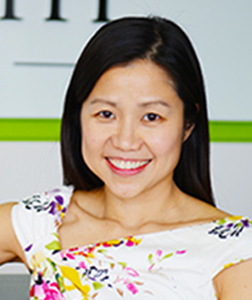
Dr Yee Kim Ku
Endocrinologist
of Queensland graduate and undertook her advanced specialty training at Princess Alexandra Hospital and The Townsville Hospital. Her basic physician training was completed at various hospitals in Queensland, as well as in the United Kingdom and Singapore.
Dr Sandie Staermose
Endocrinologist
with honours in 1999. Her interest in endocrinology was sparked as a medical student. She was employed at Mater Health Services, Brisbane, before heading to the United Kingdom to work for two years.
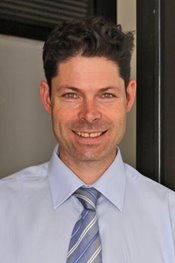
Dr Eugene Estella
Endocrinologist
in 1994 with the prize in medicine therapeutics. He has spent time working in rural and metropolitan Queensland, Victoria and New Zealand. The different locations, and people he has treated, have led Dr Estella to develop an individual approach to each patient, investigating and managing their needs and conditions.
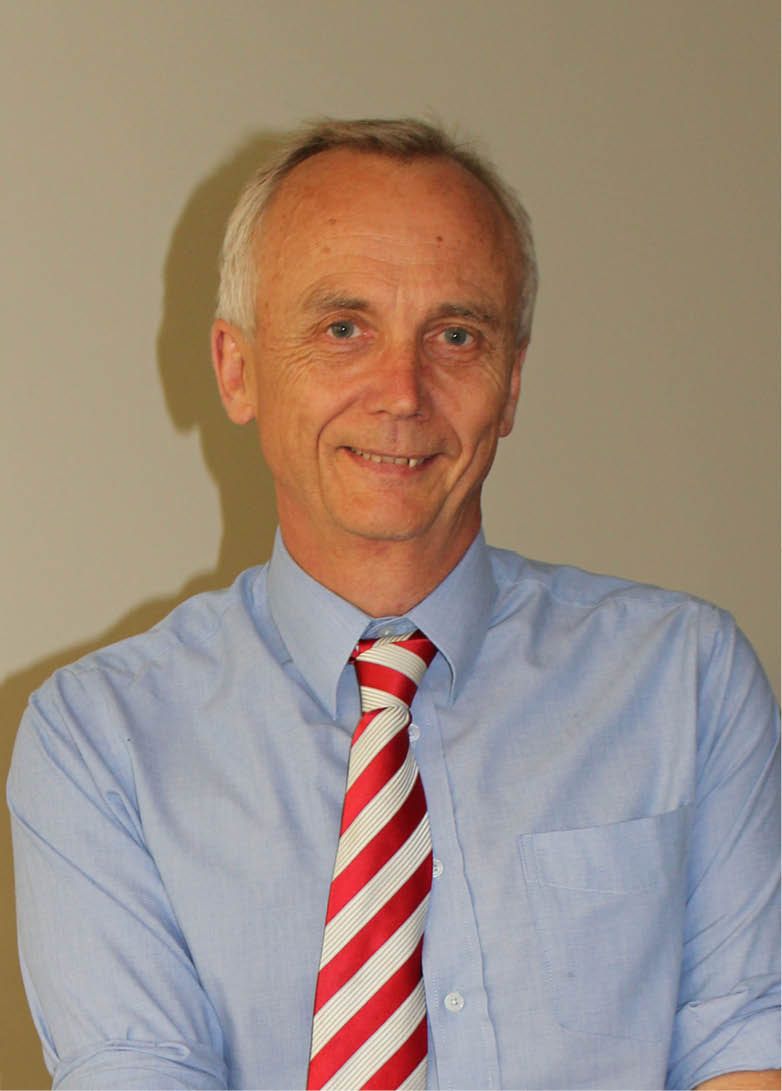
Dr Andrew Cotterill
Endocrinologist
as an expert in the diagnosis and treatment of endocrine disorders in babies, children and adolescents. Dr Andrew Cotterill is highly experienced pediatric endocrinologist brisbane.
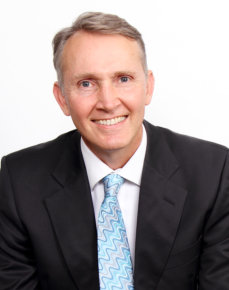
Dr David Wilkinson
Endocrinologist
parathyroids as well as complex, recurrent, malignant, functional and hereditary conditions. Having accrued more than 20 years experience in this specialty, Dr Wilkinson performs over 250 thyroid and parathyroid operations per year, and does more parathyroid surgery than any other Queensland surgeon.
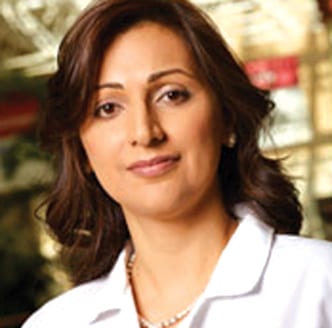
Dr Rachana Dahiya
Endocrinologist
Queensland in 2000 and did paediatric training at Royal Children’s and Mater Children’s Hospital. She then undertook a fellowship in paediatric endocrinology at Mater Children’s Hospital and spent 2 years in Cleveland, Ohio, USA to enhance her clinical and research skills. She completed a PhD on interventions in childhood obesity which she has presented internationally. Dr Rachana Dahiya is one of the best female endocrinologist brisbane.

Dr Geoffrey Moore
Endocrinologist
Hospital since 1994. He was a visiting senior consultant Endocrinologist to the Royal Brisbane Hospital from 1994 – 2010. Dr Moore practises in all areas of Endocrinology with particular focus on Diabetes both Type 1 and Type 2, thyroid disease, pituitary disease, osteoporosis and adrenal disorders.
What is endocrinology?
Endocrinology is the study of the endocrine glands or internal secretion glands. These include B. the thyroid, parathyroid, adrenal glands, pituitary gland, and pancreas. Together with the glands that produce the sex hormones in men and women and a large number of other hormone-producing cells, e.g. B. in the gastrointestinal tract and in fat tissue, they are responsible for the hormonal regulation of all organ functions in our body. Hormones are vital messenger substances in our organism, which contribute significantly to our well-being.
Not only rare hormone diseases, but also so-called common diseases fall into the field of the endocrinologist: osteoporosis, diabetes, goiter or enlarged thyroid, hormonal changes in old age. Hormonal imbalances play a role in a variety of diseases, such B. rheumatism, in pediatrics (growth disorders) and reproductive medicine (infertility), high blood pressure, bone metabolism, a role. For this reason, the field of endocrinology is a very broad field and the endocrinologist is a specialist in many fields of medicine.
What is an endocrinologist?
An endocrinologist is a specialist in internal medicine. He mainly deals with hormones and is therefore specialized in the prevention, diagnosis, therapy and research of hormonal diseases and functional disorders. Since endocrine hormones affect almost the entire body, the field of the endocrinologist is not so easy to define. Rather, he intervenes in the individual departments and tries to recognize interactions and overall connections. In addition to hormones, the treatment of metabolic diseases and nutritional medicine also fall into the field of the endocrinologist.
What does the endocrinologist do?
Diagnosis & Treatment At the beginning of the diagnosis, there is a detailed anamnesis , i.e. the conversation between doctor and patient in which important information is requested. Questions such as:
What are the complaints? Since when and in what form do they appear? Are there any other complaints? Are medications being taken and if so, which ones? The laboratory examination of blood and urine has a special place in endocrinology , it is one of the first examination methods. They can be used to determine the level of hormones in the body. The information obtained in this way can then be used to identify irregularities. Further examination methods are: Stimulation of a gland : This is used when an underactive gland is suspected. An example would be the ACTH short test for suspected renal cortical insufficiency, which can be carried out for cortisol, for example. Inhibition of a gland : An inhibition, i.e. a delay or inhibition of the course of a chemical reaction by added substances (so-called ‘inhibitors’), is carried out if an overactive gland is suspected. An example would be a dexamethasone inhibition test, which is carried out if Cushing’s syndrome is suspected. Imaging processes : These include ultrasound, scintigraphy, CT or punctures. A distinction is made between morphological and functional representations. Morphological would be, for example, a thyroid sonography (a radiological procedure that uses ultrasound waves to make the morphology of internal organs and structures visible) to show a reduction in the size of the organ. On the other hand, a thyroid scintigraphy (a nuclear medical examination method) would be functional if thyroid autonomy is suspected (i.e. parts of the thyroid gland become independent, which limits its regular functions).
Categories
- Allergist (5)
- Anesthesiology (2)
- Cardiologist (288)
- Cosmetic Surgeon (79)
- Dentist (261)
- Dermatologist (48)
- Dermatology (150)
- Endocrinologist (22)
- ENT Specialist (239)
- Family Physicians (1)
- Gastroenterology (121)
- General Practitioner (226)
- General surgeon (37)
- Hepatologist (2)
- Immunologist (4)
- Medical Contributors (259)
- Medical Expenses (2)
- Nephrologist (46)
- Neurosurgeon (91)
- Obstetrician and Gynecologist (18)
- Oncologist (99)
- Ophthalmologist (30)
- Orthopaedic surgeon (87)
- Osteopath (64)
- Otolaryngologist (6)
- Paediatric surgeon (7)
- Paediatrician (5)
- Pathologist (64)
- Plastic Surgeon (285)
- Podiatrist (295)
- Psychiatrist (23)
- Radiologist (17)
- Rheumatologist (7)
- Uncategorized (19)
- Urologist (102)
- Vascular surgeon (6)


